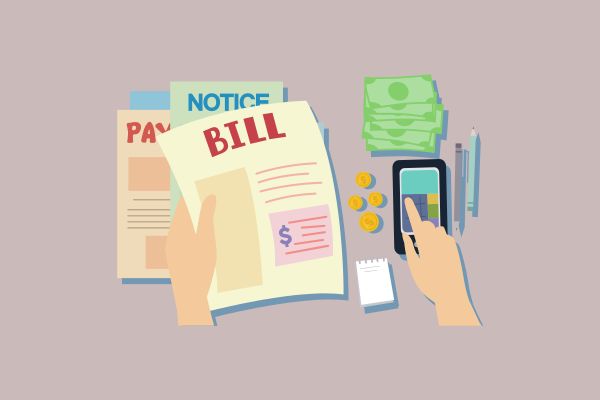Principles for the Use of Invoices Generated from Cash Registers Connected to the Tax Authority for Data Transmission
Which enterprises are entitled to use e-invoices generated from cash registers with electronic data transfer connections to the tax authority?
Pursuant to Article 8 Circular 78/2021/TT-BTC stipulates as follows:
E-invoices with tax authority codes generated from cash registers with electronic data transfer connections to the tax authority
...
2. Enterprises, households, and individual businesses that declare taxes through the declaration method and have activities providing goods, services directly to consumers under the following business models (shopping centers; supermarkets; consumer retail; dining; restaurants; hotels; retail pharmaceutical drugs; entertainment, and other services) can choose to use e-invoices generated from cash registers with electronic data transfer connections to the tax authority or e-invoices with codes, e-invoices without codes.
...
Enterprises, households, and individual businesses that declare taxes through the declaration method and have activities providing goods, services directly to consumers under one of the following business models are entitled to use e-invoices generated from cash registers with electronic data transfer connections to the tax authority:
(1) Shopping centers;
(2) Supermarkets;
(3) Consumer retail;
(4) Dining; restaurants; hotels;
(5) Retail pharmaceutical drugs;
(6) Entertainment, and other services.

*Principles of using invoices generated from cash registers with data transfer connections to the tax authority?*
What principles must be ensured when using invoices generated from cash registers with data transfer connections to the tax authority?
E-invoices are explained in Clause 1, Article 89 Law on Tax Administration 2019. To be specific:
E-invoices
1. E-invoices are invoices with or without tax authority codes expressed in electronic data form by organizations or individuals selling goods, providing services to record sales information, providing services according to the provisions of law on accounting, tax laws by electronic means, including cases where invoices are generated from cash registers with electronic data transfer connections to the tax authority.
...
Referring to Article 11 Decree 123/2020/ND-CP stipulating invoices generated from cash registers with data transfer connections to the tax authority:
Invoices generated from cash registers with data transfer connections to the tax authority
Invoices generated from cash registers connected with electronic data transfer to the tax authority must ensure the following principles:
1. Be identifiable as invoices printed from cash registers connected with electronic data transfer to the tax authority;
2. Not required to have a digital signature;
3. The expenses for purchasing goods and services using the invoice (or copies of the invoice or information checked from the General Department of Taxation's electronic portal on invoices) generated from the cash register are determined to be valid expenses with sufficient legal invoices, documents when determining tax obligations.
Invoices generated from cash registers connected with electronic data transfer to the tax authority must ensure the following principles:
- Be identifiable as invoices printed from cash registers connected with electronic data transfer to the tax authority;
- Not required to have a digital signature;
- The expenses for purchasing goods and services using the invoice (or copies of the invoice or information checked from the General Department of Taxation's electronic portal on invoices) generated from the cash register are determined to be valid expenses with sufficient legal invoices, documents when determining tax obligations.
Responsibilities of the General Department of Taxation for e-invoices with tax authority codes generated from cash registers with electronic data transfer connections to the tax authority?
At Article 8 Circular 78/2021/TT-BTC stipulates as follows:
E-invoices with tax authority codes generated from cash registers with electronic data transfer connections to the tax authority
...
5. Responsibilities of the General Department of Taxation
a) Develop and announce the electronic invoice data component with tax authority codes generated from cash registers with electronic data transfer connections to the tax authority, methods of transmission, reception with the tax authority as stipulated in Article 12 of Decree No. 123/2020/ND-CP and guide taxpayers to connect and transfer electronic invoice data to the tax authority;
b) Direct the Tax Departments of provinces, centrally-run cities to base on the actual objects in the locality to cooperate with relevant units to develop a project for connecting information from cash registers to manage retail revenue of households, individual businesses to report to the General Department of Taxation to submit to the Ministry of Finance for approval after consensus with the People's Committees of provinces, cities for implementation;
c) Develop a roadmap for implementing e-invoices with tax authority codes generated from cash registers with electronic data transfer connections to the tax authority as stipulated in this Article;
d) Guide the implementation of using tax authority codes issued for e-invoices with tax authority codes generated from cash registers with electronic data transfer connections to the tax authority for participating in prize drawings.
Thus, the General Department of Taxation is responsible as stipulated above.
LawNet